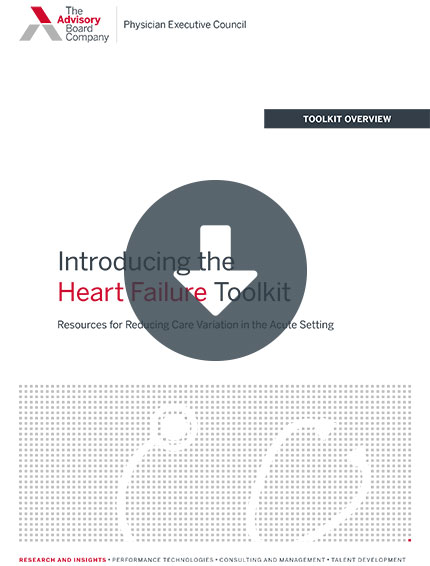Auto logout in seconds.
Continue LogoutFDA on Friday announced Sandoz has voluntarily recalled one lot of its blood pressure drug Hyzaar, after tablets from the lot tested positive for an impurity believed to cause cancer.
The latest action comes after FDA this summer recalled various medications commonly used to treat heart failure and high blood pressure because the drugs tested positive for the organic chemical N- nitrosodimethylamine, which is an impurity the International Agency for Research on Cancer has classified as a probable human carcinogen.
Sandoz voluntarily recalls Hyzaar
FDA said Sandoz has recalled one lot of Hyzaar because an active pharmaceutical ingredient in the tablets from the lot tested positive for the same impurity.
FDA said Zhejiang Huahai Pharmaceutical Company manufactured the active pharmaceutical ingredient found in the lot of Hyzaar tablets. FDA in September banned Zhejiang Huahai Pharmaceutical Company from importing active pharmaceutical ingredients and finished products into the United States, after the agency conducted an inspection of the manufacturer's facility.
FDA said the voluntarily recall applies to 100mg/25mg tablets of Hyzaar containing "losartan, an angiotensin II receptor blocker (ARB), and hydrochlorothiazide, a diuretic," which are commonly combined to treat hypertension, with the lot number JB8912. FDA noted Sandoz distributed the affected lot nationally on or after Oct. 8, 2018. FDA estimates the recall affects less than 1% of drug products in the U.S. market containing losartan.
FDA said patients have not yet notified Sandoz of any adverse events related to Hyzaar tablets from the affected lot. FDA advised patients to check their bottles of Hyzaar to determine whether their tablets come from the affected lot. The agency also recommended patients consult with their physicians or pharmacists before they discontinue using affected tablets, because patients might experience worse adverse effects than if they discontinue taking the affected tablets (Christensen, CNN, 11/13; Shoot, Fortune, 11/12; May, USA Today, 11/13).
Six imperatives to reduce care variation in heart failure
This toolkit offers case studies, resources, and templates to support clinician leaders transforming heart failure within the acute setting.
Download now to get high-level strategies and a glimpse of the resources inside the toolkit.
Don't miss out on the latest Advisory Board insights
Create your free account to access 1 resource, including the latest research and webinars.
Want access without creating an account?
You have 1 free members-only resource remaining this month.
1 free members-only resources remaining
1 free members-only resources remaining
You've reached your limit of free insights
Become a member to access all of Advisory Board's resources, events, and experts
Never miss out on the latest innovative health care content tailored to you.
Benefits include:
You've reached your limit of free insights
Become a member to access all of Advisory Board's resources, events, and experts
Never miss out on the latest innovative health care content tailored to you.
Benefits include:
This content is available through your Curated Research partnership with Advisory Board. Click on ‘view this resource’ to read the full piece
Email ask@advisory.com to learn more
Click on ‘Become a Member’ to learn about the benefits of a Full-Access partnership with Advisory Board
Never miss out on the latest innovative health care content tailored to you.
Benefits Include:
This is for members only. Learn more.
Click on ‘Become a Member’ to learn about the benefits of a Full-Access partnership with Advisory Board
Never miss out on the latest innovative health care content tailored to you.


